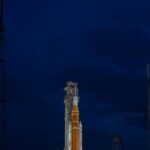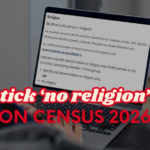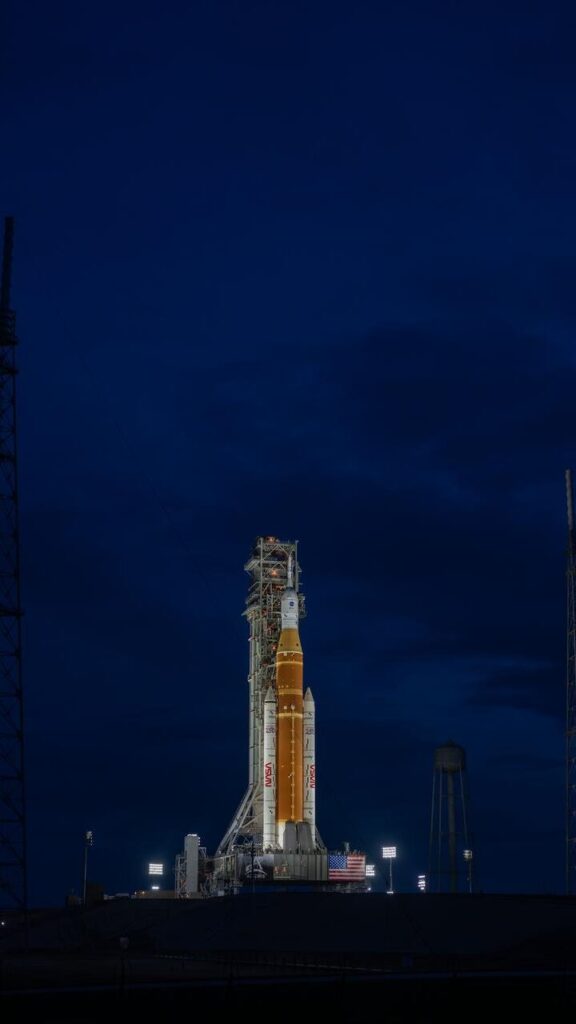
What’s Next for Artemis II
Engineers dig into test data as mixed results spark questions and a path forward for Artemis II.
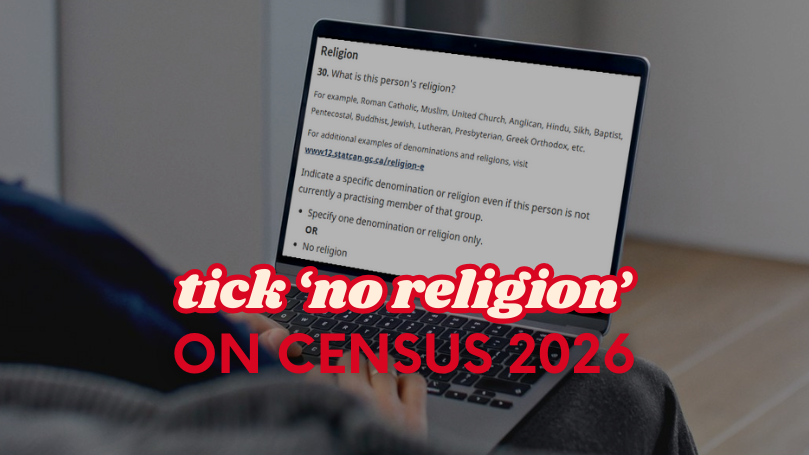
Make the Census Count: Tick “No Religion” in 2026
The 2026 Census will shape policy for years. If you’re not religious, ticking “No Religion” helps ensure Canada’s data reflects reality — and that public decisions are based on who we really are.
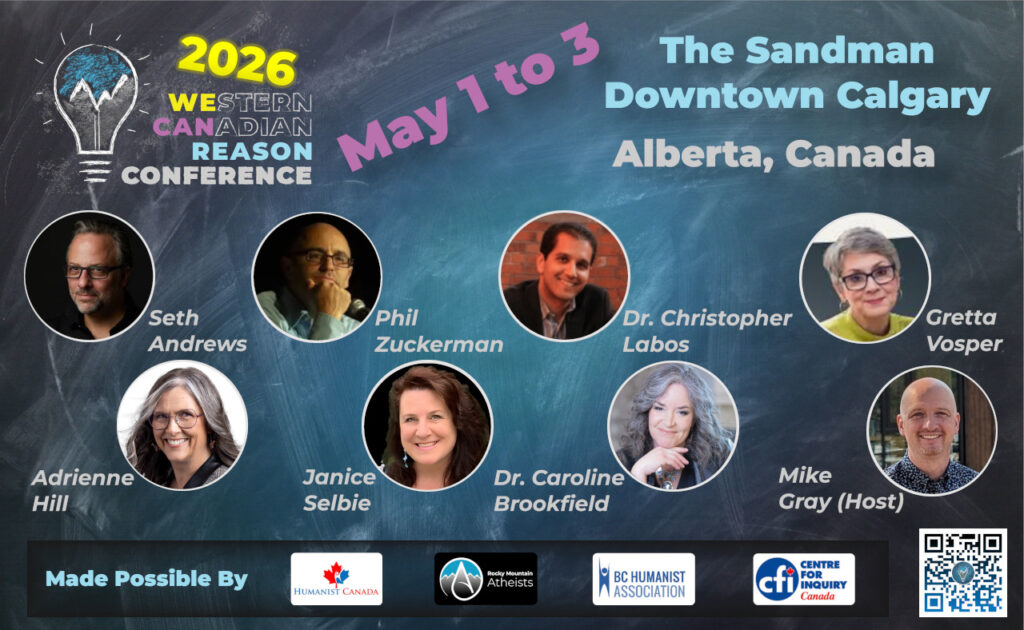
Explore Ideas That Matter at WeCanReason 2026!
Join WeCanReason 2026 in Calgary for a weekend celebrating science, skepticism, and curiosity with top speakers, engaging discussions, and a welcoming community of critical thinkers.

WeCanReason Speakers’ Weekly Update
Catch up with what our speakers did last week
#SethAndrews #psychicsofinstagram #psychics

AI Arms Race Turns to Bot Cleanup
Could machines clean up the mess of war faster than humans? This look at the US Army’s plan to use bot-based cleanup tech weighs speed and safety against accountability and ethics.
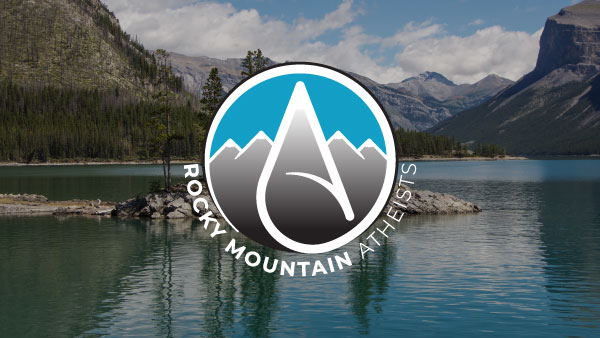
See what leaders in science, secularism, critical thinking, and skepticism did last week
Here's a little of what secularists, skeptics, atheists, and scientists did last week
#humanist
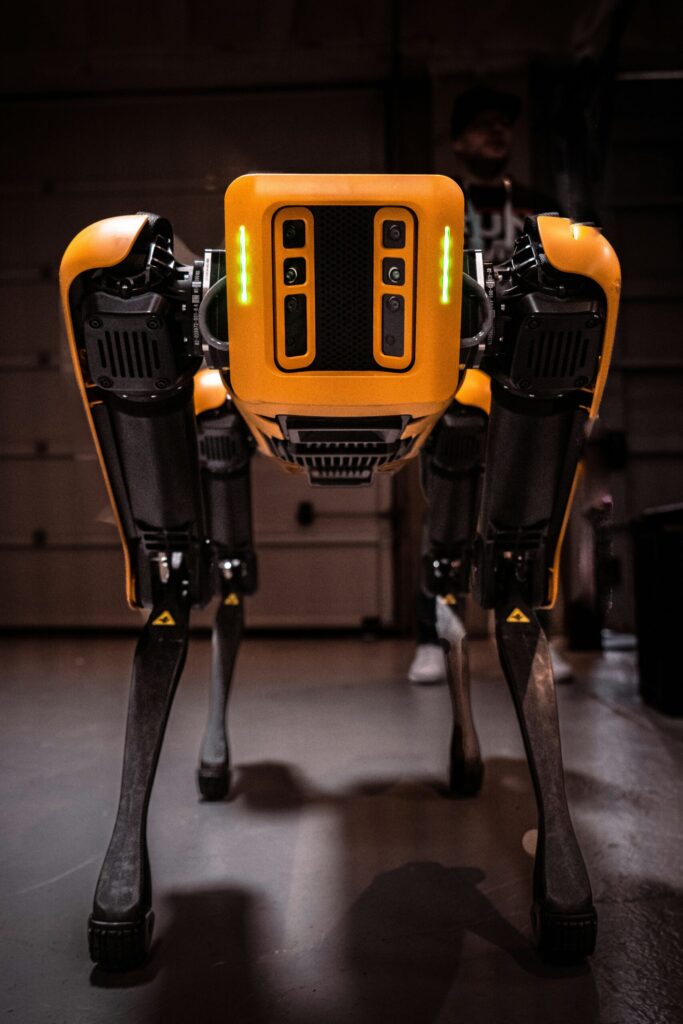
Gamma rays meet robotic cleanup crew
Spot’s four-legged helpers are handling the heavy lifting at Sellafield nuclear site, trimming PPE and accelerating cleanup.

Brains Change, But Not Like Machines
The brain can change, but not the way self-help slogans promise. This article breaks down what neuroplasticity really means — and why “rewiring your brain” is a metaphor that often does more harm than good.
WeCanReason Speakers’ Weekly Update
Catch up with what our speakers did last week
#SethAndrews #psychicsofinstagram #psychics
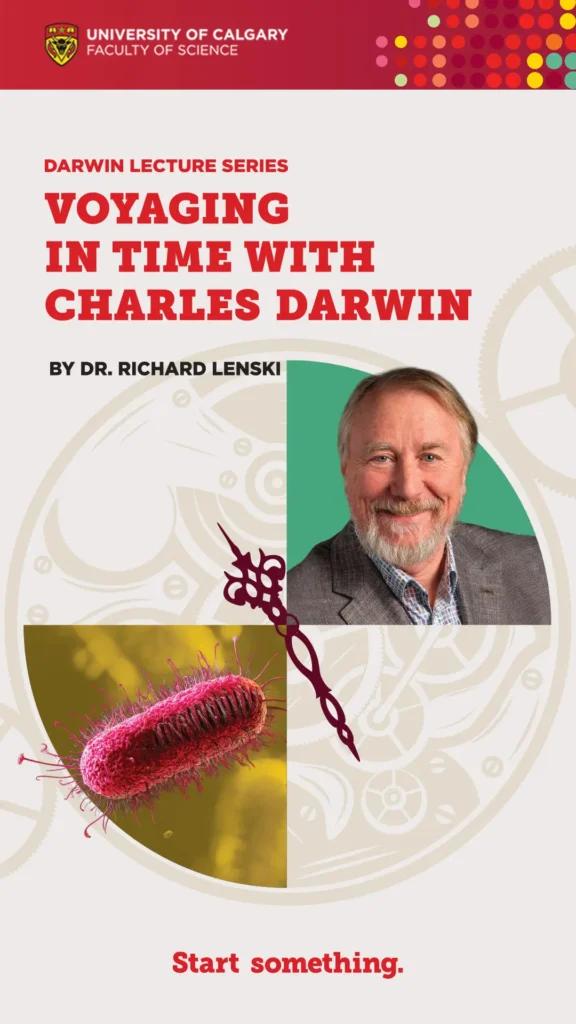
Voyaging in Time with Charles Darwin – UofC event, in-person or stream
What if you could watch evolution happen right before your eyes? For over 35 years, Richard Lenski’s lab has been doing exactly that—running the world's longest-running evolution experiment with bacteria.

